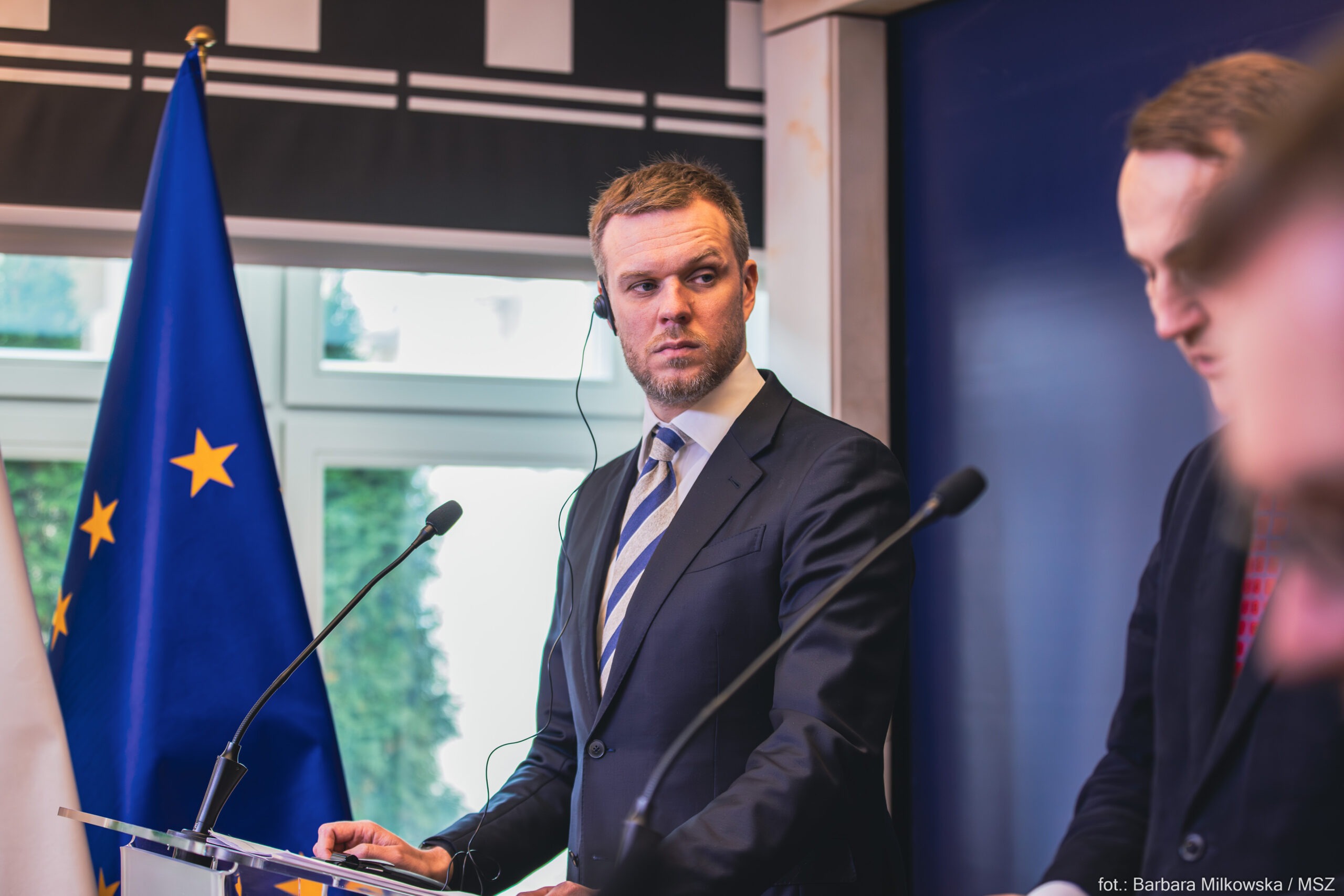
Main narratives:
- General anti-government sentiments
- The incompetence of the current government
- Undermining threat from Russia/Belarus
Overview:
This week, Kremlin-aligned media in Lithuania focused on former Foreign Minister Gabrielius Landsbergis following his receipt of the 2025 Sergei Magnitsky Human Rights Award. Pro-Kremlin commentators mocked Landsbergis, comparing him to Soviet leader Leonid Brezhnev, claiming he was “awarding himself medals” and ridiculing the award as a “parody of moral leadership.” They framed him as a “self-congratulating war hawk” and rhetorically asked, “Since when are awards given for destroying Lithuania?” Such narratives sought to undermine Lithuania’s commitment to human rights and its stance on Russia-related sanctions.
Kremlin-linked outlets also amplified coverage of the Belarusian air balloon incidents, temporarily disrupting operations at Lithuanian airports. These were portrayed as part of the government’s alleged “propaganda spectacle,” with some claiming the incidents were “politically inflated” to justify repressive measures. A recurring argument suggested that the border closure with Belarus was a “politically scripted act of hysteria,” airport restrictions lacked a security rationale, and the public was being “psychologically trained to obey – ‘fear, and you are a good patriot.’”
These narratives fit into a broader disinformation effort portraying the Lithuanian government as manipulative, authoritarian, and out of touch with the needs of its citizens. By ridiculing Landsbergis and dramatizing the balloon incidents, Kremlin-aligned media continued to frame Lithuania as a country stuck in a “manufactured crisis,” ruled by out-of-touch elites.









